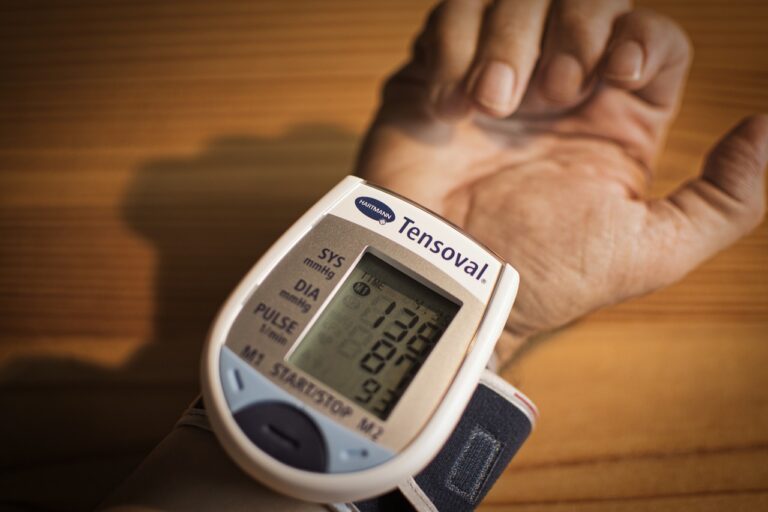Exploring the Benefits of Equine Therapy for Children with OCD in School Settings
betbook250 com login, 11xplay reddy login, yolo247: Equine therapy has gained recognition as a beneficial treatment option for individuals struggling with various mental health conditions. One particular group that can benefit significantly from this innovative therapy is children with Obsessive-Compulsive Disorder (OCD) in school settings. In this article, we will delve into the benefits of equine therapy for children with OCD and explore how this intervention can positively impact their lives.
Equine therapy, also known as horse therapy or hippotherapy, involves interactions between individuals and horses in a therapeutic setting. This type of therapy has been shown to improve emotional well-being, build confidence, enhance interpersonal skills, and reduce symptoms of anxiety and depression. For children with OCD, equine therapy can provide a unique and effective way to manage their symptoms and improve their overall quality of life.
Benefits of Equine Therapy for Children with OCD
1. Emotional Regulation: Interacting with horses can help children with OCD regulate their emotions and manage stress. Horses are highly intuitive animals that can pick up on human emotions, making them excellent partners for individuals struggling with emotional dysregulation.
2. Building Trust and Confidence: Children with OCD often struggle with low self-esteem and feelings of inadequacy. Equine therapy can help them build trust and confidence as they develop a bond with their therapy horse. This bond can be empowering for children, boosting their self-esteem and sense of self-worth.
3. Cognitive Behavioral Therapy (CBT) Techniques: Equine therapy can incorporate elements of CBT, a proven therapy approach for managing OCD symptoms. By engaging in activities such as grooming, leading, and riding horses, children with OCD can practice cognitive restructuring and exposure therapy in a safe and supportive environment.
4. Physical Exercise: Equine therapy involves physical activities such as grooming, leading, and riding horses, which can provide children with a fun and engaging way to stay active. Regular physical exercise has been shown to improve mood and reduce anxiety, both of which are common challenges for children with OCD.
5. Social Interaction: Interacting with horses and participating in equine therapy sessions can also help children with OCD develop their social skills. Working with therapists, volunteers, and other participants can provide opportunities for socialization and peer support, fostering a sense of belonging and connection.
6. Mindfulness and Relaxation: Equine therapy sessions often take place outdoors in nature, which can promote mindfulness and relaxation for children with OCD. Spending time in a peaceful and natural environment can help children connect with the present moment, reduce stress, and improve their overall well-being.
Incorporating Equine Therapy into School Settings
Many schools are now recognizing the benefits of equine therapy for children with OCD and other mental health conditions. By partnering with equine therapy centers or bringing therapy horses to school grounds, educators and mental health professionals can provide students with access to this unique and effective treatment option.
Equine therapy can be integrated into the school curriculum in various ways, such as by offering group therapy sessions, incorporating equine-assisted activities into physical education classes, or providing individual therapy sessions for students with specific needs. By making equine therapy accessible in school settings, children with OCD can receive the support they need to thrive academically, socially, and emotionally.
FAQs
Q: Is equine therapy safe for children with OCD?
A: Yes, equine therapy is generally safe for children with OCD when conducted by trained and experienced therapists. It is essential to ensure that therapy sessions are supervised and tailored to meet the specific needs of each child.
Q: How often should children with OCD participate in equine therapy sessions?
A: The frequency of equine therapy sessions can vary depending on the individual needs of each child. Some children may benefit from weekly sessions, while others may benefit from bi-weekly or monthly sessions. It is essential to work with a therapist to develop a customized treatment plan that meets the child’s needs.
Q: Can equine therapy replace traditional OCD treatments?
A: Equine therapy can be a complementary therapy to traditional OCD treatments such as medication and cognitive-behavioral therapy. It is important to work with a multidisciplinary team of professionals to ensure that children with OCD receive comprehensive and holistic care.
In conclusion, equine therapy can be a valuable and effective treatment option for children with OCD in school settings. By harnessing the healing power of horses, children can build trust, confidence, and emotional resilience, ultimately improving their overall well-being. As more schools embrace equine therapy as a part of their mental health programs, children with OCD can access the support they need to thrive and succeed in the academic environment.







